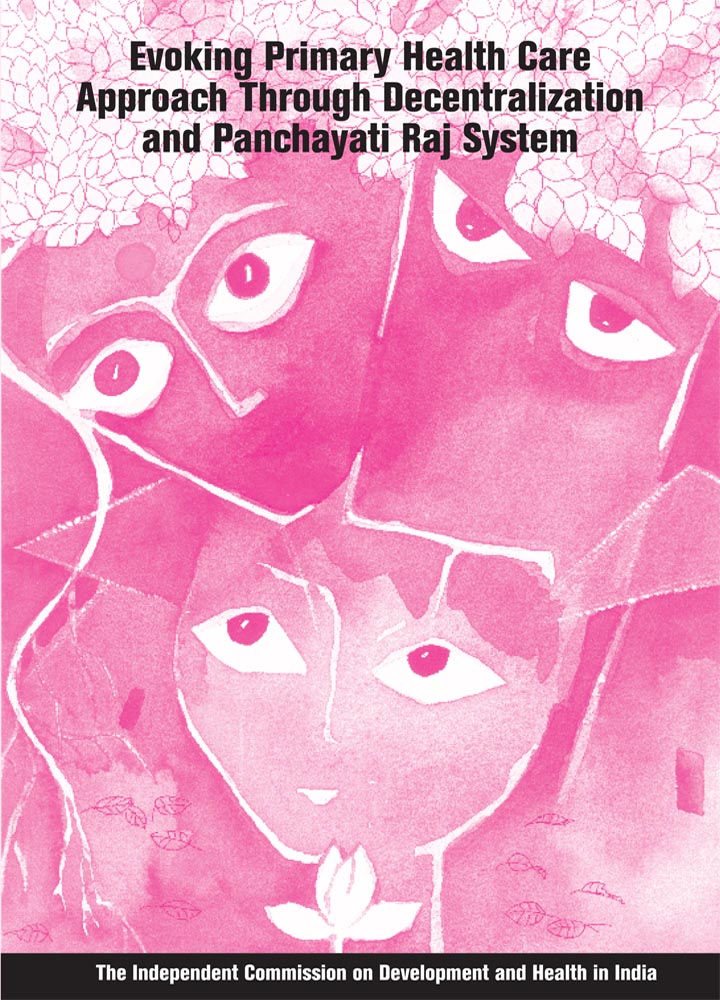
The latter half of the twentieth century was witness to many dramatic changes in India. Political independence, population explosion, industrialization and urbanization, and swift socioeconomic development resulted in scientific and technological progress, and improved the quality of life for people in general. From a deplorable situation of minimum health care, great strides were made in health development, underlining commitment. The pace was stepped up considerably with the national commitment to the Alma Ata declaration.
Health infrastructure with enhanced manpower was strengthened. Projects with high potential for long term success like Multipurpose Health Workers’ and Community Health Workers’ were launched to meet the objective of ‘Health For All’ through the primary health care approach. The commendable improvement which took place as a result of this, cannot be underrated.1 The health profile in India improved considerably.
One single and a major indicator is the increase in expectation of life at birth from 32.1 years (1941-51) to 62.4 years (1996-2001).
However, despite every good intention and genuine efforts, we could not reach the expected level of health development. Basic health services still remain inaccessible to many vulnerable and underprivileged groups of people. The public health system is itself in a precarious state. Even the poor are not satisfied with the health services delivery. The targets set for Health For All by 2,000 AD have not been realized. The progress of special programmes for the remote and backward areas, and underprivileged and poor people is not satisfactory. Inter and intrastate and regional diversities and disparities are staggering.
This situation constitutes a very complex problem because of the historical, political, cultural, socioeconomic, and management aspects and ramifications. Poverty is yet to be realized as a primary health problem, despite clear evidence. The social system helps the poor in distress, but does little to nurture them as productive and creative beings so that they are able to move upwards in society with their own initiative and efforts.
Consequently, various Committees and Commissions of the Government of India, Voluntary Organizations and National Institutes, Independent Commission on Health in India, and the World Health Organization (SEARO) have deliberated on why the status of public health system and primary health care was not up to the expectation and what went wrong. As a result of these deliberations, significant observations emerged. Attention was drawn to the new concept of public health recognizing the intrinsic connection between health and poverty in individuals, and health and development in nations.4 Public health has to deal with issues that fell outside the traditional concern of the health sector. Attention was also drawn to the possible negative impact of globalization. Available documents provide a lot of insight, critical analyses, suggestions, recommendations, plan of actions, etc., and are freely used in this attempt to develop a roadmap for Health For All in India.
